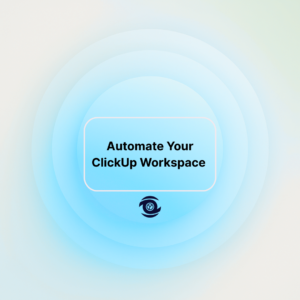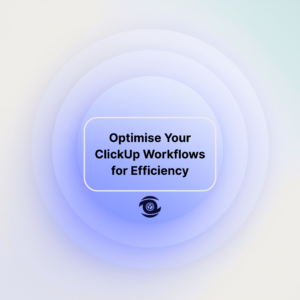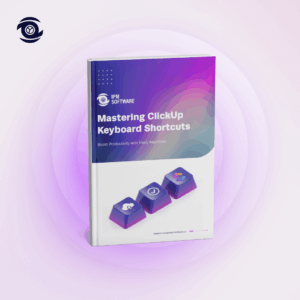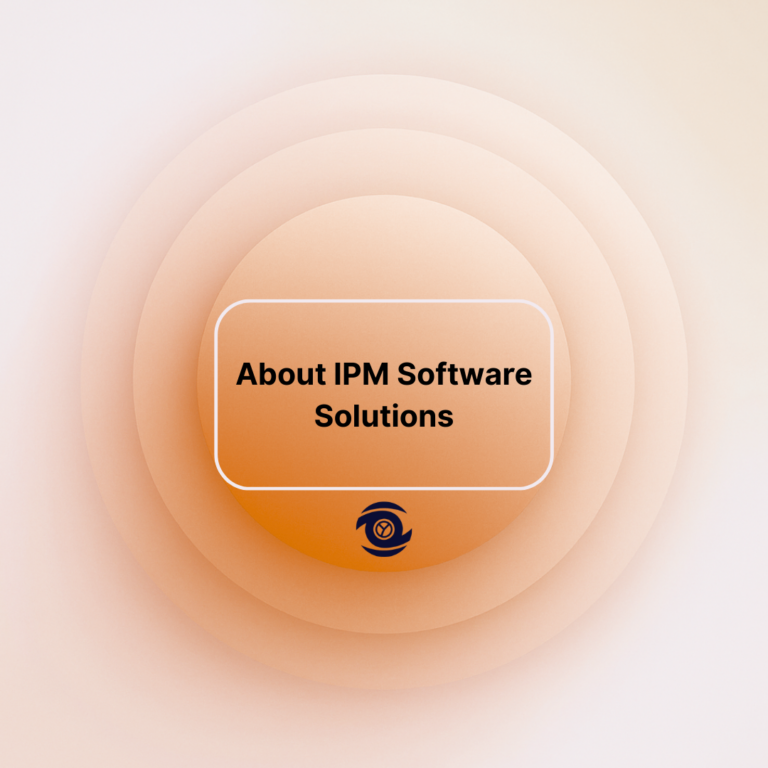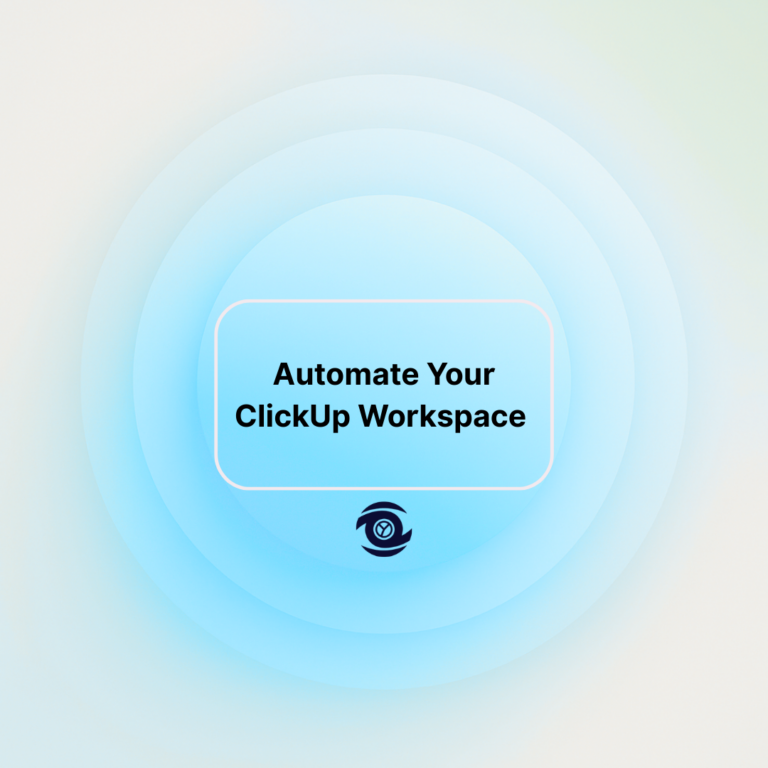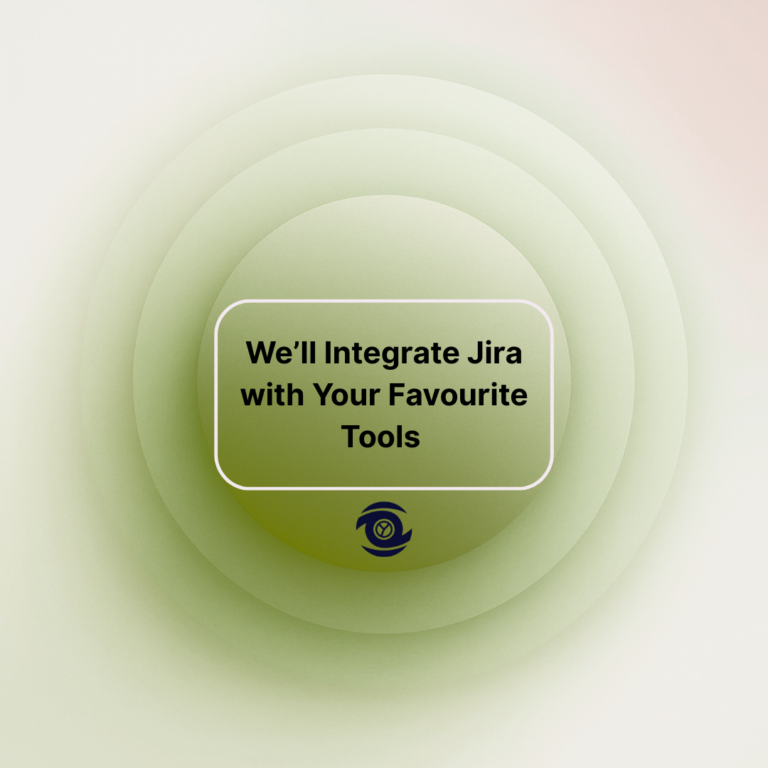In today’s fast-paced world, improving work performance is crucial not only for project managers but also for achieving personal and professional goals. With increasing demands and the constant evolution of the work environment, professionals need to adapt and rethink their approaches to productivity. This article provides ten invaluable strategies ranging from energy management to workspace optimisation, designed to help you enhance your performance at work. Whether you’re striving for efficiency or looking to cultivate healthier work habits, these tips will provide a roadmap to not just survive but thrive in the modern workplace.
The Future of Work Performance : Essential Insights for Managers in 2025
As managers prepare for 2025, business automation is set to play a pivotal role in shaping the future of work. Automation technologies streamline processes, reduce errors, and significantly enhance productivity. However, to fully harness this potential, managers must stay informed about the latest trends and tools in automation. Investing in continuous learning and upskilling employees will be essential for aligning business objectives with technological advancements.

Moreover, effective automation not only improves efficiency but also allows teams to focus on strategic tasks that require human creativity and ingenuity. By automating routine processes, employees can dedicate more time to innovation, problem-solving, and decision-making, leading to a more agile and competitive organisation. As automation continues to evolve, managers must balance technology integration with human expertise to maximise performance and create a harmonious work environment.
1. Prioritise Energy Management Over Time Management
Traditional time management techniques often focus solely on scheduling tasks to maximise productivity. However, energy management is equally important, as it ensures that your energy levels match the demands of your tasks. By aligning your high-energy periods with the most challenging tasks, you can optimise performance and minimise burnout. This approach encourages a more holistic view of productivity that considers both the quantity and quality of work.
To effectively manage energy, consider tracking your energy patterns throughout the day. Identify which periods you are most alert and energetic, and schedule critical activities during these times. Incorporating regular breaks and time for physical activity can also help maintain energy levels. By prioritising energy management over strict schedules, you can enhance your productivity and overall work satisfaction.
2. Enhance Your To-Do List Techniques
A well-structured to-do list is a powerful productivity tool, but it’s crucial to adapt it to your specific needs. Begin by making your list more strategic; prioritise tasks by importance and deadlines rather than just their number. Utilise techniques like the Eisenhower Box, which categorises tasks into four quadrants based on urgency and importance, to ensure you’re focusing on what truly matters.

Moreover, consider breaking down larger tasks into smaller, more manageable steps. This makes them less daunting and provides a sense of progress as you complete each step. Regularly reviewing and adjusting your to-do list helps adapt to changing priorities and keeps your work aligned with overarching goals. These enhancements transform your to-do list from a simple task tracker into a dynamic tool for productivity.
3. Eliminate Distractions
Distractions are productivity’s worst enemy, hindering focus and prolonging task completion. Identify your biggest distractions, whether they be social media, noise, or even coworkers, and develop strategies to mitigate them. Techniques like time-blocking can help. Allocate specific chunks of time to dedicated work periods where distractions are minimised, enhancing concentration.
Implementing technology such as website blockers and notifications control is another effective strategy to maintain focus. Physically remove distractions from your environment when possible and communicate boundaries with colleagues to prevent interruptions. Creating a disciplined approach to managing distractions significantly enhances efficiency and allows for deeper engagement with your tasks.
4. Concentrate on a Single Task at a Time
The myth of multitasking is prevalent, yet research consistently shows that it leads to poor-quality outcomes and longer completion times. Instead, concentrate on a single task , giving it your full attention. This focus enables deeper engagement, resulting in more thoughtful, high-quality work. Embrace techniques such as the Pomodoro Technique, which consists of 25 minutes of focused work followed by a 5-minute break.
Focusing on one task at a time also reduces the mental strain associated with constantly switching gears. This can lead to reduced stress and improved mental clarity. Prioritising tasks and approaching them sequentially allows you to progress methodically through your workload, ensuring each task receives the attention it deserves for optimal outcomes.
5. Group Similar Tasks Together
Task batching, or grouping similar tasks together, enhances efficiency by minimising the mental effort required to switch between differing types of work. For example, designate specific times for checking and responding to emails instead of intermittently throughout the day. This helps maintain a steady workflow and reduces cognitive load.
In addition, when tasks require similar resources or mindsets—like phone calls or creative writing—it can be beneficial to complete them in succession. This reduces the startup time associated with re-engaging with different types of work and can result in a more cohesive performance. By thoughtfully organising your tasks, you can streamline operations and sustain higher productivity levels.
6. Emphasise the Importance of Healthy Habits
Healthy habits for project managers are the cornerstone of sustained productivity and performance. Regular exercise, a balanced diet, and adequate sleep are all critical components that affect cognitive function and energy levels. Integrating these habits into your daily routine can have a profound impact on your ability to perform at work.

Furthermore, mental health practices such as mindfulness and stress management techniques can enhance focus and emotional resilience. Incorporating even small changes, like taking the stairs or having a nutritious snack, can contribute to workplace efficiency. By fostering a healthy lifestyle, you ensure your body and mind are optimised for achieving your best work.
7. Incorporate Regular Breaks
Contrary to common perception, taking regular breaks can drastically improve work performance. Short breaks help prevent fatigue , maintain focus, and rejuvenate mental resources, leading to sustained attention and productivity over longer periods. Breaks provide an opportunity to reset cognitive faculties and return to tasks with renewed energy.
Incorporate strategic breaks into your workday by following the 52-17 rule: work for 52 minutes and then rest for 17 minutes. During breaks, aim to engage in activities that are different from your work, such as walking, stretching, or meditating. This variety not only recharges the mind but can also inspire creativity and problem-solving in unexpected ways.
8. Optimise Your Workspace
Workspace optimisation goes beyond aesthetics; it significantly impacts concentration and productivity. An organised, clutter-free environment can foster greater focus and efficiency. Personalise your workspace with elements that inspire—like plants, art, or motivational quotes—while ensuring ergonomics are prioritised for comfort and health.
Consider adapting your workspace to better support your workflow by integrating tools and technologies that enhance efficiency. Ensure your setup aligns with your tasks, improving access to necessary resources. Regular evaluation and modification of your workspace can lead to tangible improvements in work output and satisfaction.
9. Alter Your Environment Periodically
While a consistent workspace has its benefits, periodically changing your environment can stimulate creativity and motivation . This might involve working remotely from new locations, rearranging your office space, or even having outdoor meetings. A change of scenery can provide fresh perspectives, enhance problem-solving skills, and break routines that may stifle innovation.
Exploring flexible work environments also supports adaptability, a crucial skill in evolving workplace dynamics. Leverage technology to facilitate seamless transitions between environments without compromising productivity. Embracing varied workplace settings fosters an agile approach to work, improving both performance and job satisfaction.
10. Release the Need for Perfection
Perfectionism often leads to procrastination and stress, hindering productivity. Recognising when a task is complete to a sufficient standard is essential for maintaining a steady workflow. Embrace the mindset that done is better than perfect , focusing on continuous improvement rather than unattainable perfection.
This shift not only enhances productivity but also encourages taking risks and learning from mistakes , leading to greater innovation and growth. Setting realistic expectations and goals ensures progress isn’t stalled by the pursuit of perfection, ultimately leading to improved output and satisfaction in your achievements.
Master Your Workplace Productivity
By incorporating these strategies, you can achieve a significant boost in your workplace productivity. It’s not just about working harder but smarter—leveraging energy management, eliminating distractions, and cultivating healthy habits are all pivotal. As you integrate these tips into your routine, you’ll find a notable improvement in your performance, empowering you to accomplish more with confidence and ease.
Final note on Enhancing Work Performance.
We invite you to delve deeper into the world of productivity enhancement. Explore additional resources, engage with articles, attend seminars, or join forums to continue your journey in mastering productivity. By expanding your knowledge and staying open to new strategies and techniques, you’ll ensure sustained growth and success in your professional endeavors.
| Key Points | Summary |
| Energy Management | Focus on aligning tasks with your energy levels for improved productivity. |
| To-Do List Techniques | Make strategic to-do lists and break down tasks for better progress tracking. |
| Eliminate Distractions | Use strategies like time-blocking to maintain focus and manage interruptions. |
| Single Task Focus | Prioritise one task at a time for deeper engagement and quality work. |
| Task Grouping | Batch similar tasks to streamline operations and maintain workflow momentum. |
| Healthy Habits | Incorporate exercise, diet, and adequate rest to enhance cognitive function. |
| Regular Breaks | Take breaks to rejuvenate mental resources and prevent fatigue. |
| Workspace Optimisation | Create an organised and comfortable work environment to enhance efficiency. |
| Environment Variety | Change settings occasionally to stimulate creativity and motivation. |
| Perfectionism Release | Shift focus from perfection to progress for enhanced outcomes and growth. |
FAQ
How to answer top 3 ways to improve work performance?
Certainly! Here are three simple ways to improve work performance:
1. Set Clear Goals: Define clear, achievable goals for yourself. This helps you stay focused and organised, ensuring you know what needs to be accomplished and can measure your progress effectively.
2. Prioritise Tasks: Use a priority system to tackle tasks based on their urgency and importance. This helps you manage your time better and ensures that critical tasks are completed first.
3. Seek Feedback and Learn: Regularly ask for feedback from colleagues or supervisors to identify areas of improvement. Use this feedback to learn and develop new skills, which can enhance your performance over time.
How can I increase my work performance?
Improving work performance can be achieved through a few practical steps:
1. Set Clear Goals: Define what you want to achieve at work each day, week, or month. Specific goals give you direction and motivation.
2. Prioritise Tasks: Use a to-do list to manage tasks and focus on high-priority items first.
3. Manage Time Wisely: Allocate specific time slots for tasks and avoid procrastination. Techniques like the Pomodoro Technique can help maintain focus.
4. Minimise Distractions: Identify what distracts you most and find ways to reduce those interruptions. This may mean silencing your phone or using noise-cancelling headphones.
5. Stay Organised: Keep your workspace and files organised. Clutter can lead to stress and wasted time.
6. Seek Feedback and Learn: Regularly ask for feedback from colleagues or supervisors and use it to improve. Be open to learning new skills that enhance your job performance.
7. Take Breaks: Short breaks can boost productivity and focus. Step away from your desk to recharge.
8. Maintain Work-Life Balance: Ensure you have time to relax and recharge outside of work to prevent burnout.
9. Stay Healthy: Regular exercise, a balanced diet, and adequate sleep can improve overall performance.
10. Use Technology Wisely: Utilise tools and software that can help automate repetitive tasks and increase efficiency.
By implementing these practices, you can gradually enhance your work performance.
What are the top 3 areas to improve work performance?
To improve work performance, consider focusing on these top three areas:
1. Time Management: Prioritise tasks, set clear deadlines, and avoid procrastination to make the most out of each workday.
2. Skill Development: Continuously work on enhancing relevant skills and knowledge through training, workshops, or online courses to ensure you’re efficient and effective.
3. Communication: Improve both verbal and written communication skills to foster better teamwork, reduce misunderstandings, and ensure clarity in tasks and expectations.
What are the top 3 strengths of work performance?
The top three strengths of work performance typically include:
1. Strong Communication Skills: Being able to clearly convey ideas and effectively listen to others is crucial for successful collaboration and understanding in the workplace.
2. Reliability and Dependability: Consistently meeting deadlines, following through on commitments, and being someone others can count on enhances team trust and productivity.
3. Problem-Solving Abilities: The capacity to identify issues, think critically, and develop effective solutions is valuable for overcoming obstacles and driving improvements in work processes.


